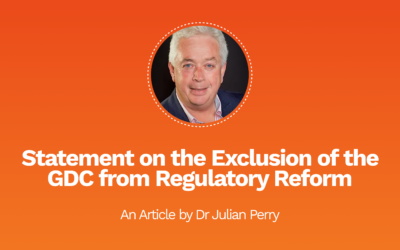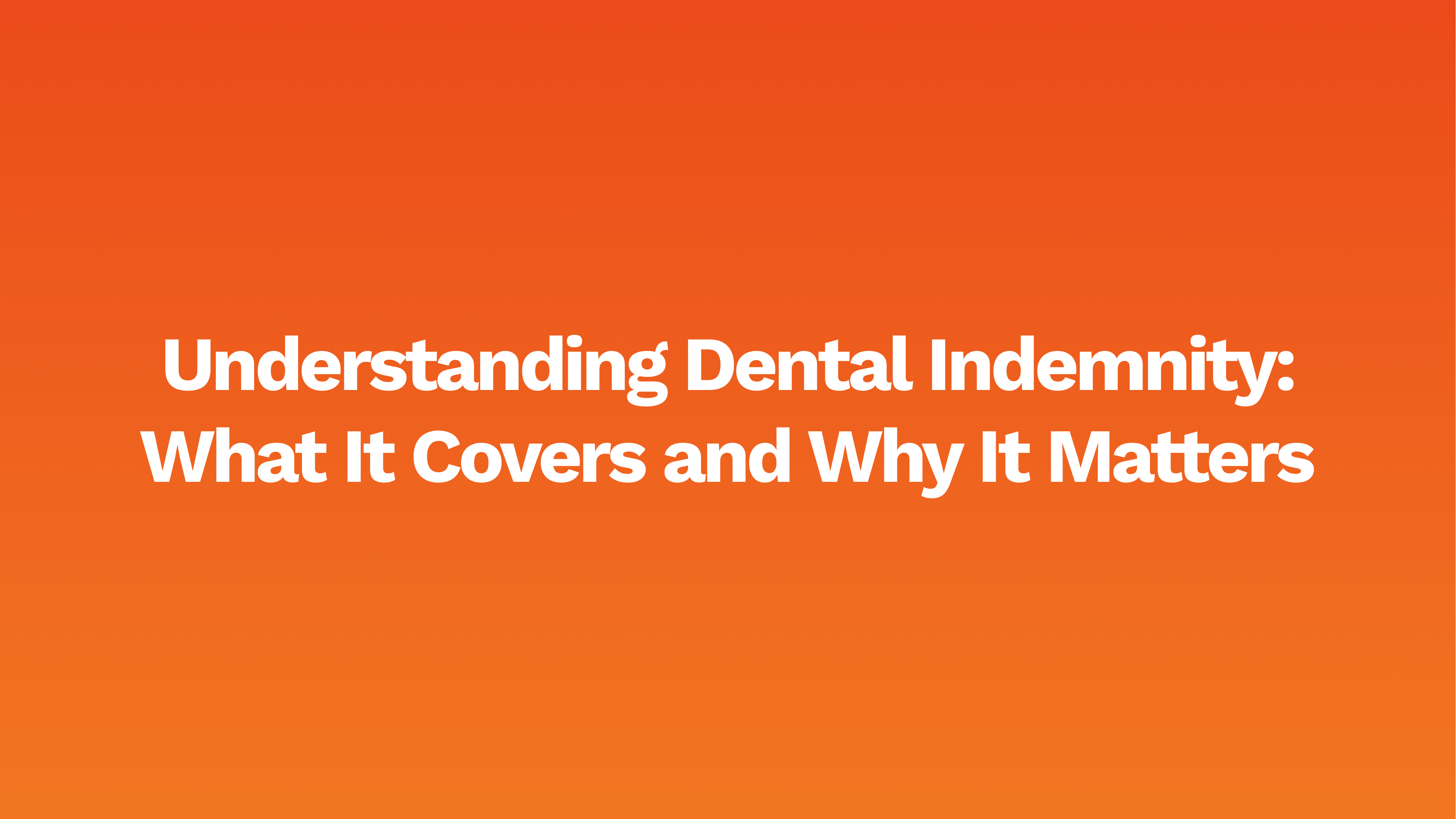I have spent nearly 40 years on the roller coaster called dentistry. I have survived a variety of ups and downs, influenced by politics, finance, legislation and opinions on best practice. Overall, in that time, there can be no doubt that dentistry has improved. The range and quality of materials and equipment has developed to the extent that, in capable hands, wondrous outcomes are now possible.
However, there have also been changes that have caused distress and problems for many practitioners. Over the last decade or two, there has been a steady and significant increase in litigation.
Dentists are seen by some in the legal fraternity as easy targets, because the evidence they need for a claim is all there in the mouth, on the X-ray or in the notes.
It could be you
Dentists must learn to take the steps to defend themselves. They must not naively believe that ‘it won’t happen to me’ or that ‘patients only sue other dentists’. It comes as a nasty shock when you find that it is you who is the ‘other dentist’.
Dentists must recognise that all dentistry is based on ethics, standards, authoritative guidance and legislation.
Ethical principles are integral to professionalism. Your conduct will be judged against the highest ethical standards. You must comply with authoritative guidance. Cutting corners is dangerous and eventually doing so will cause you distress and heartache. You must comply with GDC Standards. They describe the actions of the reasonable dentist. Legislation lays down principles that you cannot avoid.
Dentists do not set out to do harm. They do not plan to do shoddy dentistry. They do not conspire to harm patients.
Yet, if things go wrong, they are exposed to complaints and claims, accused of a panoply of unpleasant allegations.
Patients use words like ‘stupid’, ‘careless’, ‘appalling’ and ‘callous’. Solicitors are even worse, describing events that you did not expect and could not prepare for as ‘poor standard’ or ‘wilfully negligent’.
Mitigating risk
So, what do you do about this situation? The answer is to minimise the risk.
Apart from following the guidance, standards and acting ethically, always keep alert for trouble. If patients are unhappy or if things go wrong, put it right as quickly as possible. Explain everything. Tell them if there is a problem and how you intend to manage it. Keep your patient on side. Remember, if they like you and they think you are doing your best, they are much less likely to complain or to sue you.
Remember you can say to a patient: ‘I am sorry that this has happened to you, now let’s see what can be done.’ This isn’t an admission of fault but rather an expression of empathy.
In the next few months, we shall look at some cases, consider what went wrong and suggest how to avoid making the same mistakes. And don’t forget:
- Always get valid consent
- Stay within your scope of practice
- Always write really good contemporaneous notes.
Good luck and stay safe.
Author: Julian Perry



